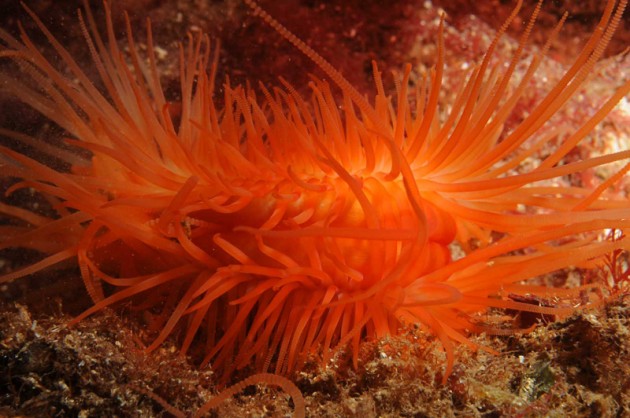The national governing body for all forms of boating says activities should not be regulated or prohibited without 'robust evidence'
The Royal Yachting Association (RYA) has raised concerns over the quality of evidence for Marine Conservation Zones (MCZs) in England.
It follows last month’s announcement by the Department for Environment, Food and Rural
Affairs (Defra) about the sites which are under consideration for
the second tranche (T2) of MCZs in England.
37 sites are being considered for inclusion in T2 which cover both inshore and offshore sites right around the English coast
Gus Lewis, the RYA’s head of legal and government affairs stressed the need for robust and balanced evidence to support the designation of Marine Conservation Zones (MCZs) whilst giving evidence to the Environmental Audit Committee this week.
The RYA is concerned about what appears to be a growing disparity between the amount of evidence relating to the environmental benefits of designation and that relating to the socio-economic impacts of designation. The Government is investing in the gathering of environmental data but not in the latter, which places the socio-economic argument at a disadvantage.
Mr Lewis said: ‘We support the Government’s current objective approach that if lawful activities are potentially going to be regulated or prohibited, then there must be robust evidence which clearly demonstrates that the protected flora and fauna does exist and that it cannot reasonably co-exist with local activities.
‘However, if there is an imbalance in the evidence available then the decision-making cannot be objective.’
The RYA also reiterated the need for some indication of potential management measures early on in the process of designation.
Mr Lewis added: ‘Throughout the MCZ process the RYA consistently argued that it is just not possible to analyse the potential impact of an MCZ on recreational boating without some indication of the management measures that might be implemented.’
The Environmental Audit Committee is examining a range of topics in relation to MCZs following the Science and Technology Committee’s report last year including: plans for implementing the 27 so far approved MCZs, how they will be monitored, managed and enforced, the plans to improve the evidence base for considering potential further Zones and what the balance of factors should be.
To find more information on MCZs and the RYA’s position visit www.rya.org.uk/go/currentaffairs.
Sites under consideration for the second tranche of MCZs
- Coquet to St Mary’s
- Fulmar
- Compass Rose
- Cromer Shoal Chalk Beds
- Dover to Deal
- Offshore Brighton
- Utopia
- Norris to Ryde
- The Needles
- Western Channel
- Lands End
- Great Haig Fras
- Hartland Point to Tintagel
- North of Lundy
- Celtic Deep
- Mid St George’s Channel
- Slieve Na Griddle
- West of Walney
- Allonby Bay
- Farnes East
- Runswick Bay
- Holderness Inshore
- The Swale Estuary
- Dover to Folkestone
- Offshore Overfalls
- Bembridge
- Yarmouth to Cowes
- Studland Bay
- Mounts Bay
- North-West of Jones Bank
- Newquay and The Gannel
- Bideford to Foreland Point
- South of Celtic Deep
- East of Celtic Deep
- North St George’s Channel
- South Rigg
- Mud Hole
Image Credit: Marine Scotland




